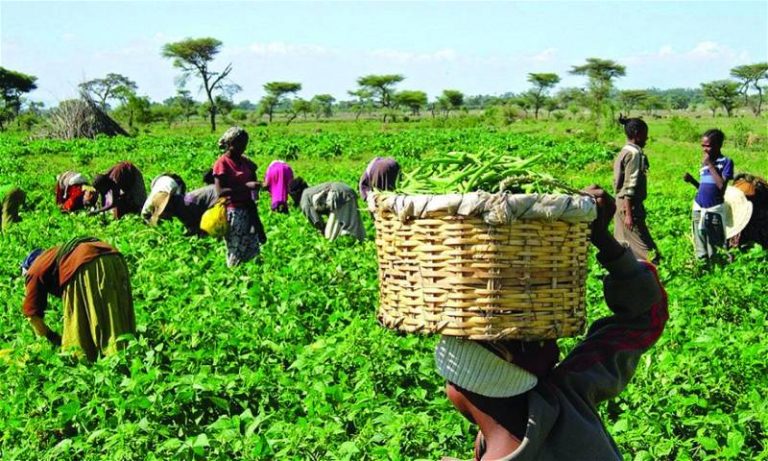The United States Agency for International Development (USAID) has dismissed recent media reports that misrepresent its agricultural programs in Nigeria, reaffirming that its initiatives operate transparently and adhere strictly to Nigerian laws.
In a statement issued by the US Mission in Nigeria on Tuesday, USAID highlighted the impact of its collaboration with Nigeria’s agricultural sector, which has benefited over five million farmers since 2019. The agency emphasized its efforts in boosting food production and strengthening rural economies across the country.
“Recent media coverage has presented an inaccurate picture of US agricultural initiatives in Nigeria, including efforts to assist local agencies in strengthening regulatory processes for agricultural biotechnology,” the statement read.
USAID clarified that its programs are developed in partnership with Nigerian farmers, experts, and government officials. It emphasized that all activities are carried out with full transparency and in compliance with local laws.
The agency also outlined the practical benefits of its initiatives, which include improving market access, providing agricultural training, and fostering research collaborations to support Nigerian farmers.
“Our agricultural partnership represents a shared commitment to addressing Nigeria’s food security challenges through locally-driven solutions,” USAID stated.
The US Mission reiterated its respect for Nigeria’s agricultural sovereignty and traditions, stressing that all research findings and program details remain publicly accessible through official channels. It also reaffirmed its commitment to engaging stakeholders through consultations and maintaining regular dialogue with local communities, farmers, and government agencies.
“We are proud of our record of supporting Nigerian farmers while respecting local agricultural traditions and practices,” the statement concluded, emphasizing USAID’s dedication to collaboration and transparency.
The US-Nigeria agricultural partnership remains a cornerstone in addressing the nation’s food security challenges, fostering sustainable solutions tailored to local needs.




